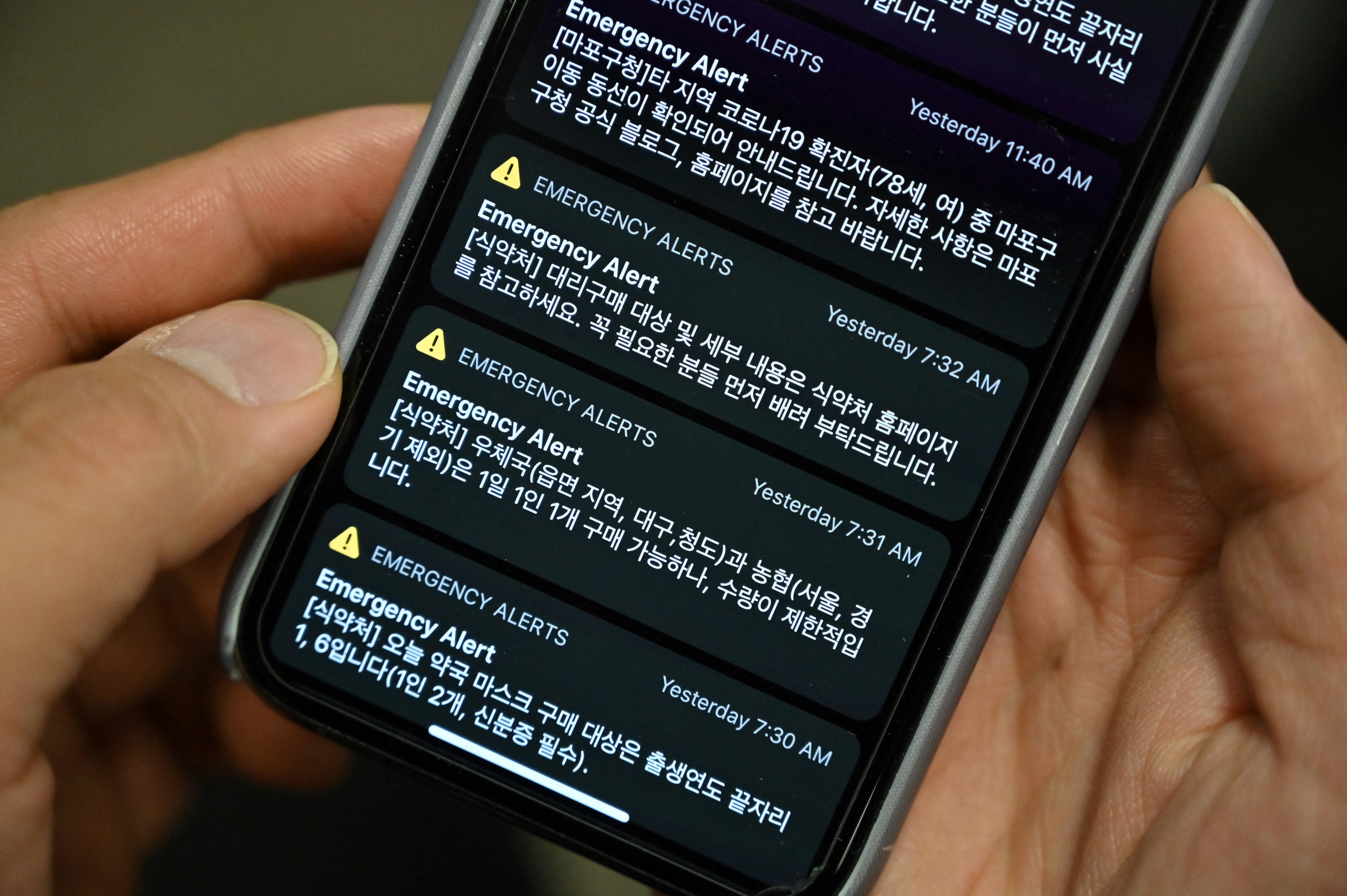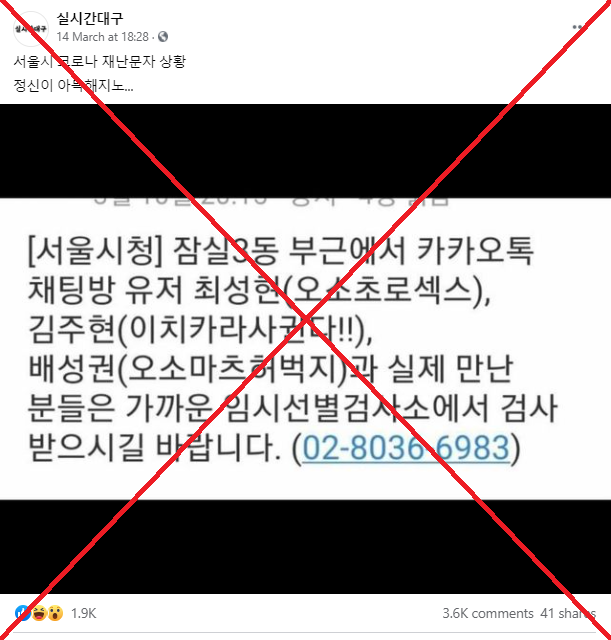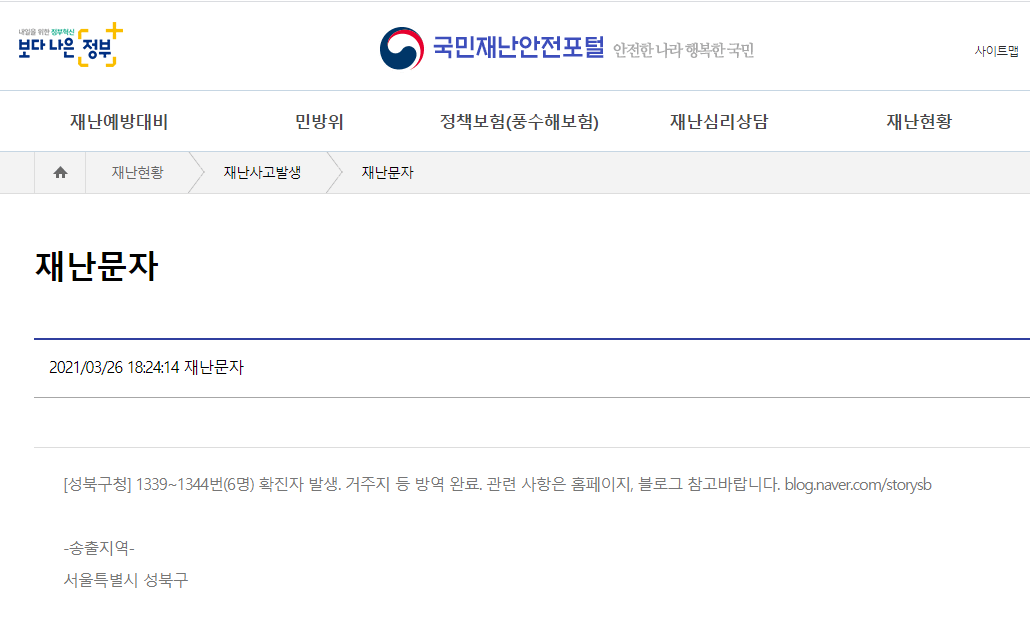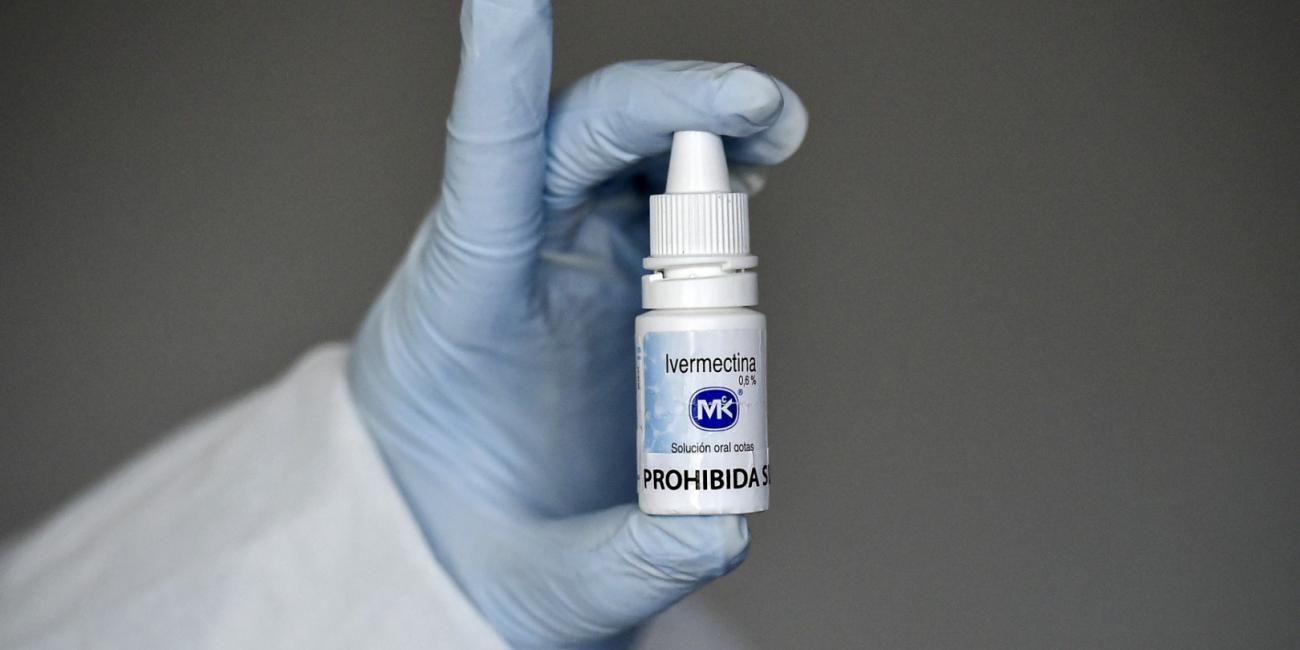
Facebook posts circulate fake Covid-19 government emergency alert for Seoul city
- This article is more than four years old.
- Published on March 29, 2021 at 07:30
- 2 min read
- By Richard KANG, AFP South Korea
The screenshot was published here on Facebook on March 14, 2021.
The purported Korean-language text alert translates as: “[Seoul Metropolitan Government] Those who met with KakaoTalk Messenger users Cho Seong-hyun(osochorosex), Kim Ju-hyun(datingichikara) and Bae Seong-kwon(osomatsuthigh) in person, please visit the nearest Covid-19 testing centre and get tested. (02-8036-6983).”
The Facebook post’s caption translates as: “An emergency text from Seoul city. It baffles me.”

Screenshot of the misleading Facebook post, taken on March 25, 2021.
The screenshot was also shared alongside similar claims on Facebook here, here and here.
However, the claim is false and the purported alert is fake.
An official at the Seoul Metropolitan Government told AFP via phone on March 22, 2021 that no such alert was sent by the city government and clarified that emergency text alerts in Seoul are sent out to the public by local district offices under the name of each office, not by the city’s central government.
Below is the screenshot comparison between the fake alert seen in the misleading Facebook post (L) and a genuine alert notification sent out by Seoul's Eunpyeong District Office on March 23, 2021 (R):

Screenshot comparison between the fake alert seen in the misleading Facebook post (L) and the genuine alert notification (R).
The genuine notification reads: “Public safety message. [Eunpyeong District Office] We have 8 confirmed cases. Please visit our website or blog for more details. Please follow the social distancing measures, a gathering of more than 5 people is prohibited. blog.naver.com/eunpyeonggu”
Emergency notifications sent out by other district offices in Seoul are also written in a similar format to that from Eunpyeong District Office, as seen in this screenshot below of the message sent out by Seongbuk District Office.

Screenshot of the archived emergency text by Seongbuk District Office, taken on March 29, 2021.
The message reads: “Public safety message. [Seongbuk District Office] We have case number 1339~1344(six cases). Sanitisation work on their residents done. Please visit our website or blog for more detials. blog.naver.com/storysb”
A database of emergency text alerts that is managed by the South Korean government also shows no record of the fake notification seen in the misleading Facebook post. All genuine alerts are recorded including the one from the Eunpyeong District Office, which can be seen here.
AFP tried the number seen in the misleading notification and found the number does not exist.
Copyright © AFP 2017-2026. Any commercial use of this content requires a subscription. Click here to find out more.
Is there content that you would like AFP to fact-check? Get in touch.
Contact us




